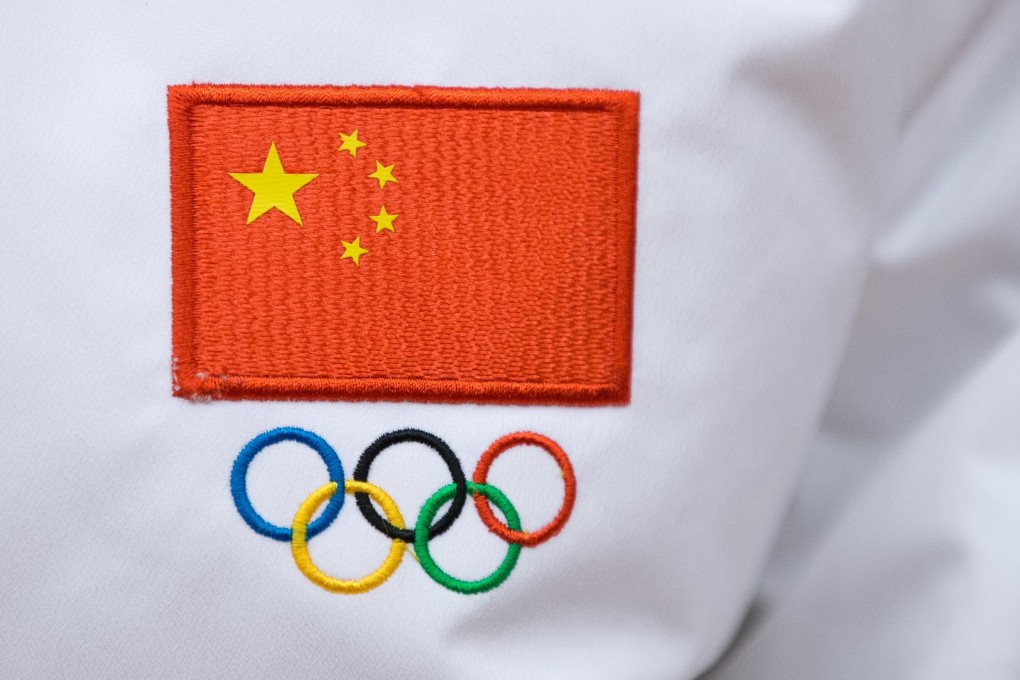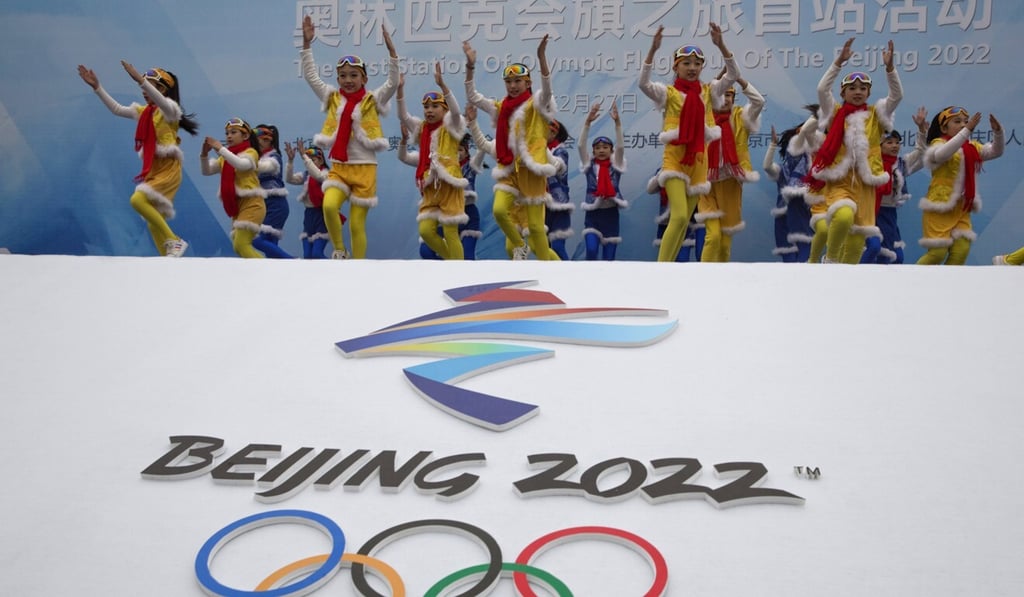Advertisement
Faster, Higher, Stronger | Beijing 2022 doubts grow with Covid-19 spike in Hebei
- Rise in cases in Hebei province has Chinese capital on high alert despite country putting shutters on international sport
- Bubble format of Chinese Super League and Chinese Basketball Association not an option for three-city Winter Olympics
Reading Time:3 minutes
Why you can trust SCMP
1

No one wants to hear it but it’s time someone said it: the Beijing 2022 Winter Olympic Games could be in trouble.
Not because of the much publicised focus on athletes protesting human rights abuses at the Games but because they might not be able to go ahead as planned.
Coming less than six months after the closing ceremony of 2020’s postponed Tokyo Olympics in the summer, Beijing 2022 is set to start on February 4 next year.
Advertisement
If Tokyo 2020 is in doubt – and make no mistake, it is at this stage as the Japanese capital is in a state of emergency – then Beijing 2022 has to be too.

Advertisement
That was true when China appeared to have maintained control of the Covid-19 crisis after being the first to deal with the spread of the coronavirus.
Advertisement
Select Voice
Select Speed
1.00x
